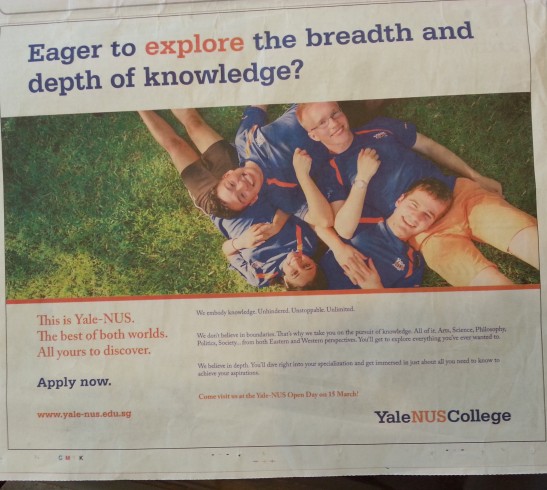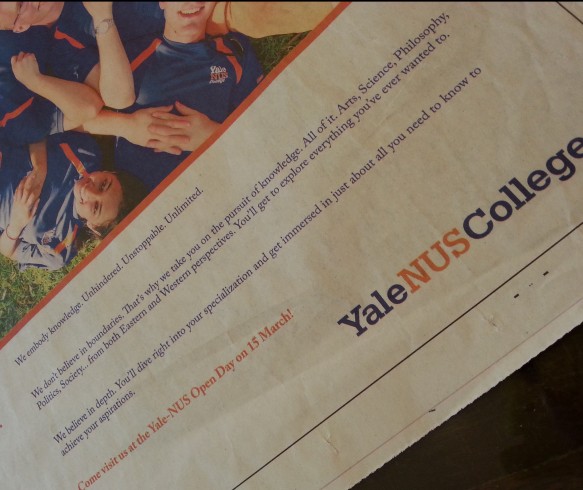There is a divide between researchers who study the relationship between texting, grammar and spelling. Some claim that texting, which includes shortcuts, homophones and omission of non-essential letters, has a detrimental effect on grammar and spelling. On the other hand, others claim that texting as a casual style of writing adds on to one’s writing repertoire.
The popularity of Spelling Bee competitions is one of the ways that schools engage their young to encourage them to learn proper spelling. Then again, some might ask who needs to know how to spell words like vivisepulture or esquamulose. Yet people are quick to pick on spelling gaffes posted on social media, for example. During the 2012 US presidential campaign, Republican candidate Mitt Romney and his campaign team were left red-faced at the consequences of bad spelling in a phrase “a better Amercia”. It went on to spawn several Internet memes and #Amercia became a hashtag that trended on Twitter during the campaign period.
The bottom line remains, that good grammar and spelling mean credibility. Imagine the criticism annual reports and newspapers receive when grammar and spelling mistakes are found in them. Or perhaps, how a job candidate is overlooked because of mistakes made in grammar and spelling in his résumé.
In an age where efficiency is valued it is acknowledged that shortcuts in grammar and spelling in texting are tolerated. The key thing is to know and recognise situations when shortcuts are accepted and when they are not – it begins with being exposed to good, proper writing so as to know what is correct and what is not.



